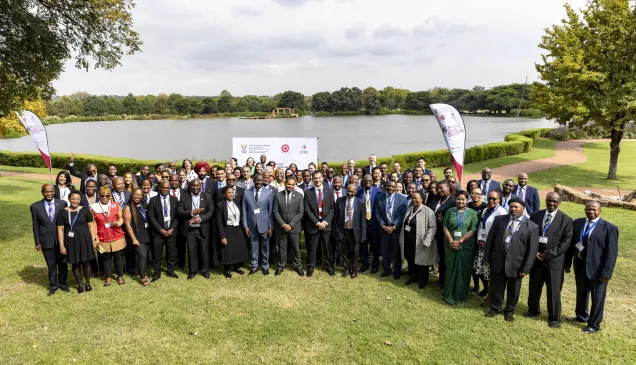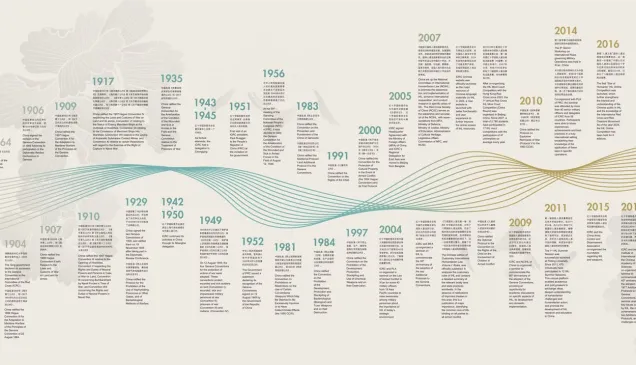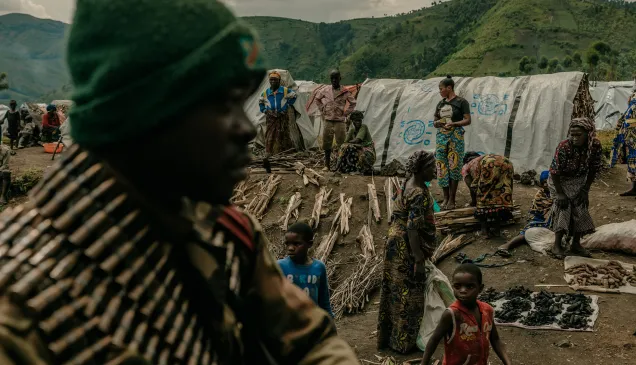Venezuela: commitment, dedication, and the obstacles faced by a nurse working at the border
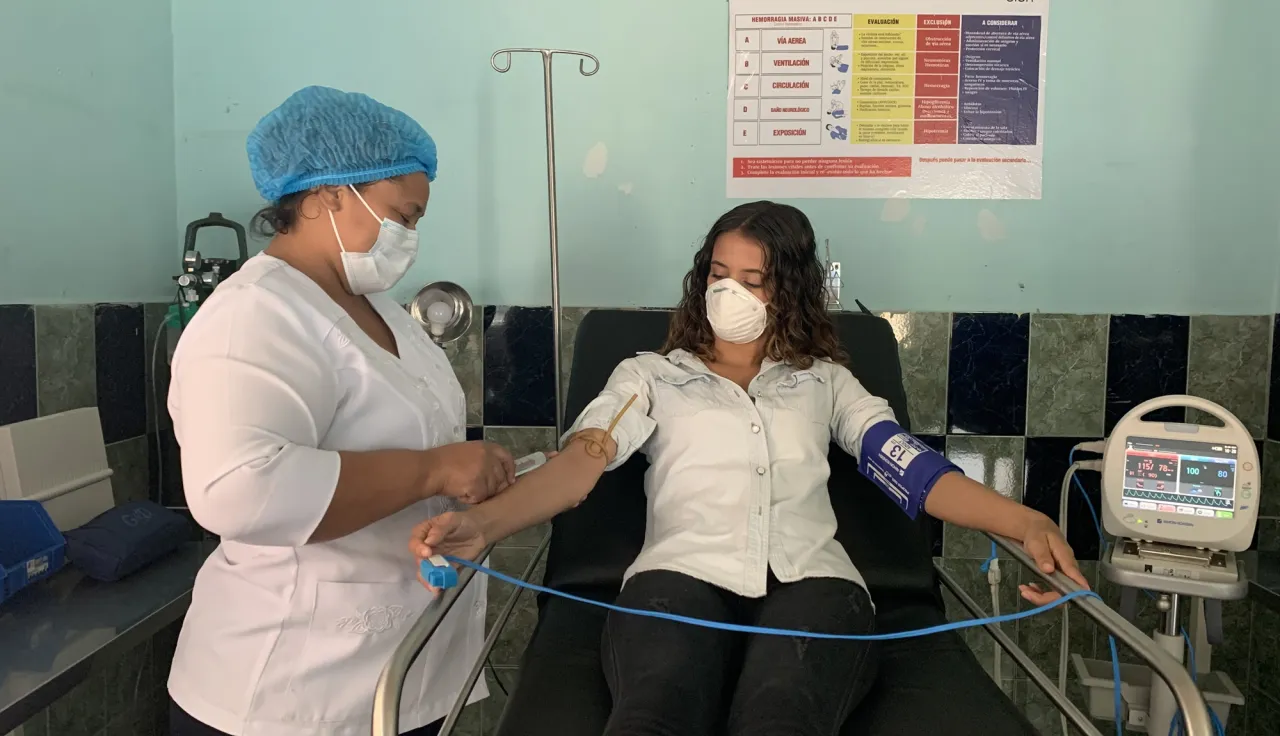
Just like every morning for the past nine years, Claudia Ortega arrives at the primary health care centre in Boca de Grita to provide medical care at the only health care facility available to the population of this small town located in the state of Táchira, in the southern part of Venezuela, next to the border with Colombia. Every person who comes into this primary health care centre to request assistance or to ask for medicine is seen by her.
Boca de Grita is a small town—only 5,000 people live there—where the friendliness and warmth of its people is always welcoming. But getting there nowadays is no easy task because of the many checkpoints installed along the way from San Cristóbal, the capital city of the state of Táchira. Even so, getting there is worth it.
Both inside and out, the primary health care centre in Boca de Grita visibly shows the efforts of a person who takes care of it as if it was her own home. In fact, it was her home for two years during which Claudia would welcome everyone in need, day and night. With so many patients coming, it became impossible for her to rest as needed during her free time, so she decided to move somewhere else, while maintaining her unwavering commitment. "Everyone knows where I live now, so if there's ever an emergency, they go to my house looking for me and I always help them," she said proudly.
Like in many other places in Venezuela, the COVID-19 pandemic hit Boca de Grita quite hard. In addition to the nearly 400 patients that Claudia sees every month with issues like high blood pressure, diabetes, asthma, and parasitic infections, among others, now she has been receiving patients with COVID-19 not only locals, but also people from neighbouring areas. Also, lockdowns and border closures have added up to the difficulties already faced by the local people to meet their most basic needs.
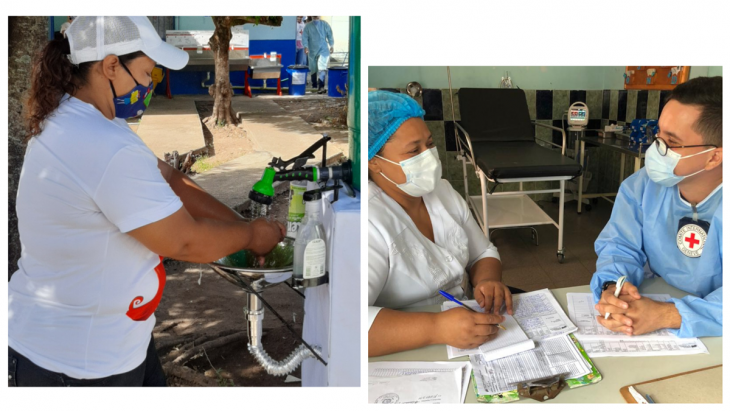
Time goes by fast as Claudia keeps telling us about the health-related needs of the community and how she has managed to meet them, sometimes without any help from a doctor, which adds to the responsibilities she has to take on in her everyday work. But she still keeps her spirits up in spite of the obstacles and, even though her smile cannot be seen through her face mask, her eyes show how deeply moved she is by what she experiences every day in her job. "I have had to assist childbirths and even perform as a surgeon. It is also hard to go vaccinate children in other parts of town. Sometimes I can borrow a motorcycle, but if not, I have to walk in the sun to get there."
The assistance provided by the ICRC in favour of the primary health care centre in Boca de Grita has been key to mitigate the unsatisfied needs of the community. These are some of the joint efforts we have carried out: we provided medical supplies and PPE; we helped them adapt their infrastructure and manage their pharmaceutical dispensary, and we provided support for clinical activities and clinical training, such as in the management of common diseases.
"Some people ask me why I'm here and sometimes it is hard for me to answer that question. In my heart, I feel I'm here because it is my calling and I can't picture myself anywhere else, even if I have other opportunities. There are people here who really need me, and that is what keeps me in this place, because their gratitude is the best thing that has ever happened to me."

In 2020, the ICRC carried out the following efforts to support the health workers at hospitals and primary health care centres in priority areas in Venezuela:
• 1,471 tonnes of medical supplies were distributed.
• 12 hospitals, 10 primary care centres, 5 diagnostic and treatment centres in El Callao for people with malaria, and 6 clinics in penitentiary centres received support.
• 3,669 health professionals were trained in preventive measures, the use of PPE and COVID-19 protocols.
• 428 health care professionals were trained in how to care for patients with acute traumatic injuries in ER rooms.
• 344 diagnostic medical equipment items were donated and 256 biomedical

